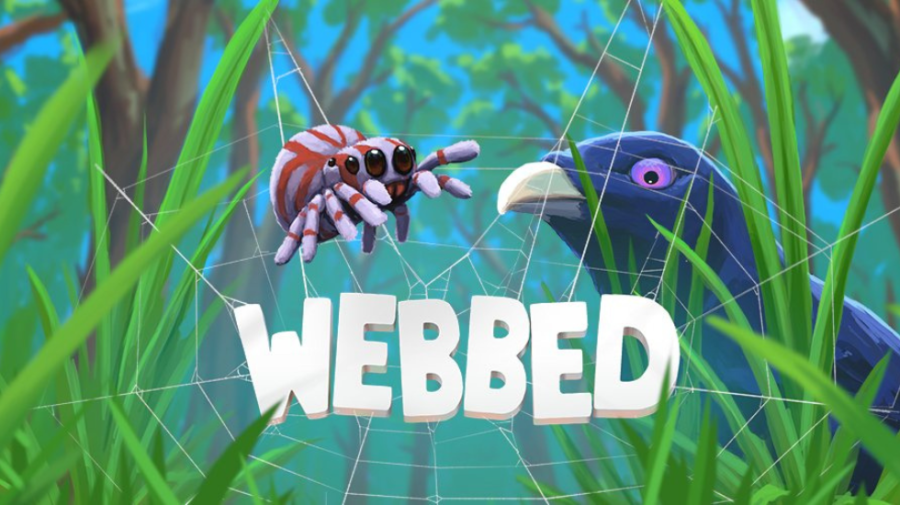“Opinions are like ass#@!*s; everybody’s got one.”
This crude, unenlightened retort does a good job of making everyone’s thoughts and words seem less significant. But how DO we decide who’s “right” and who’s “wrong”?
The opinion racket seems to be pretty easy. Just decide that you like or dislike something and let fly. This is the point at which we must differentiate between opinion and attitude.
Opinion works best when backed up with facts. It also helps when the reaction is in proportion to the event and the opiner has some experience or other interesting angle on the subject (English really does need a better word for this person).
Attitude is more of an emotional response, and doesn’t require much proof or statistical analysis. Petty attitude sounds shallow but it is has historically been the basis or revolution, fortune and social status.
Remember, America’s origins came from a few rabble-rousers who refused to pay the British for what was, in the empire’s mind, aid to a godforsaken outpost. Pettiness is obviously in the eye of the attitudee (once again, dictionary additions are in order).
Among renown opiners, there are few who seem to set the right balance. A few, like George Will, get lost in too many facts and never come up with an opinion. More (Rush, Hedgekook and the rest of the radio right) make their livings at the edge of reason, straining facts to find fuel for their fires.
All I know is, the next time Thomas Friedman tells me that India and China have superior talent because of their more demanding societal competition, I’m going to start buying the Bangalore Times.
Debate was once an intercollegiate event like athletics. Now, it seems that students would rather rap at each other. Opinion is very age sensitive, the more experience the opiner has – the more set they will probably be in their ways. This has its benefits and disadvantages. The young may put forth ideas their elders find absurd and immature but the oldsters have their mistakes to answer for.
Next time some well established “adult” looks down their nose at you, ask them, “So when are you going to sell your house and use the money to pay YOUR debt to OUR U.S. Treasury?”
But, before we descend into childish finger pointing, let’s review some strategies. One good idea is to try and use language and inflection to raise the discourse up to your level before the opposition can drag you down to theirs. Always try to elevate the lowest common denominator to make the other side look like savages.
Those who espouse pure hate (Westboro Baptist Church) should be politely ignored – there will always be a tiny number of the deranged who cannot be reasoned with. Once on higher ground, try to redefine the words of your opponent, that way you don’t have to think up so many of your own. Remember, a good debater can take either side of an argument and be successful.
So who’s right and who’s wrong? If we knew that we’d stop reading the paper altogether. One of the keys is memory, deciding which events to use as examples and which to disregard. If we spend all our time keeping score, we’ll never make any progress. The winner is human discourse and its vague, infinite, nebulous search for “the truth” as defined by each individual.
Categories:
Opinions; everybody’s got one
November 10, 2009
Story continues below advertisement
Donate to City Times
Your donation will support the student journalists of San Diego City College. Your contribution will allow us to purchase equipment, cover the cost of training and travel to conferences, and fund student scholarships. Credit card donations are not tax deductible. Instead, those donations must be made by check. Please contact adviser Nicole Vargas for more information at nvargas@sdccd.edu.








